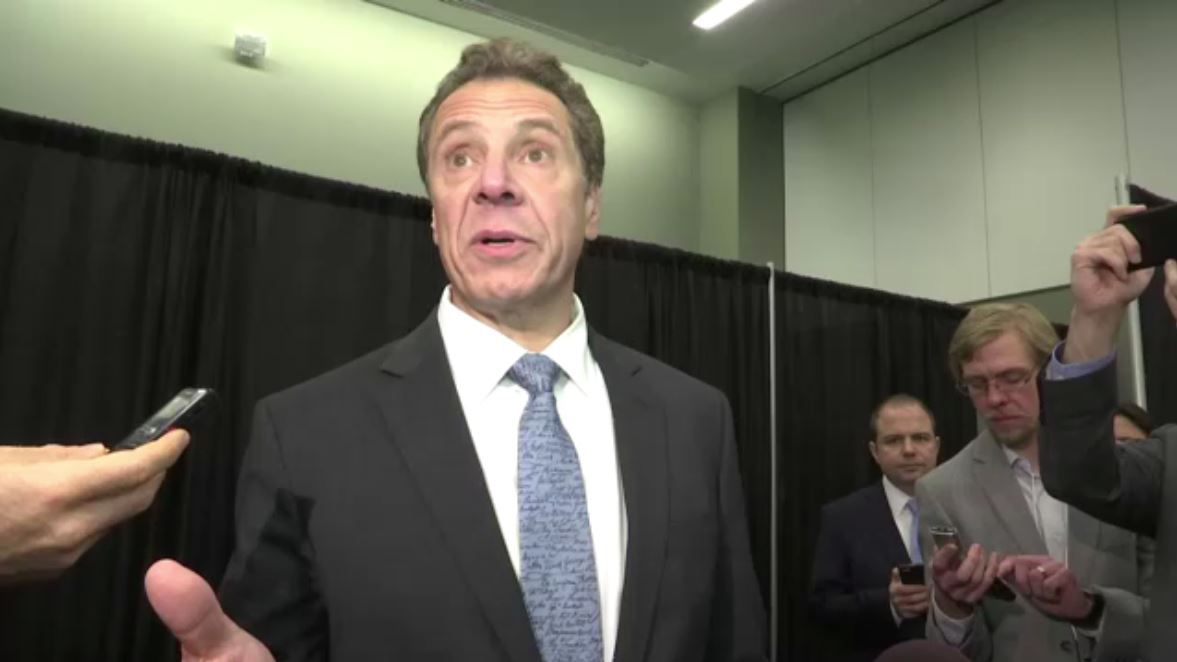Gov. Andrew Cuomo indicated Friday he would turn toward rejiggering the state’s tax code in response to the federal tax overhaul legislation signed into law by President Donald Trump.
Meanwhile, Cuomo plans to issue an executive order allow people to pay partial payment of their property tax bill prior to Jan. 1 or pay the entire bill prior to Jan. 1. There’s a state law that bars that from happening; Cuomo’s order is designed to suspend that.
Cuomo is also asking local governments to send out tax bills now with estimated payments.
All together, the moves constitute Cuomo’s first actions taken in the wake of the approval of the tax legislation, which he has railed against for the last several months as unfairly targeting New York.
“We’re doing it to circumvent the bill the president just signed,” Cuomo said in the call with reporters. “Your damn right I am.”
The executive order was also backed by Republican Senate Majority Leader John Flanagan and encouraged taxpayers to take advantage of the early payments if they can.
“This overall situation once again underscores the need to work even harder at the state level to provide new and ongoing tax relief to middle class families, starting with balancing our budget without any tax increases, lowering onerous energy taxes for seniors and other homeowners, and making the successful two percent property tax cap permanent,” Flanagan said.
“This year’s state budget must help hardworking taxpayers and their families, and show them that we really and truly have their backs.”
It’s unclear what changes Cuomo would propose to the state tax code, which is largely set by what occurs on the federal level. Some lawmakers have already introduced legislation that seek to soften the impact of capping state and local tax deductions at $10,000.
Cuomo was unsure if this could mean an increase in taxes for some people in New York.
“We’re going to look at the state tax code both in substance and in form,” Cuomo said, “and look for ways to both redesign our state code in response to this federal assault, and we’re in the process of that now.”
The state faces a budget deficit of more than $4 billion.
Allowing taxpayers to pay some or all of their property taxes before the new year would be a way to keep them deductible for 2017. Most school districts outside of the state’s five largest do not set their rates until May, typically when budgets are voted on.
Administration officials acknowledged it may be complicated for some districts to have these estimates in place by the end of the month.



